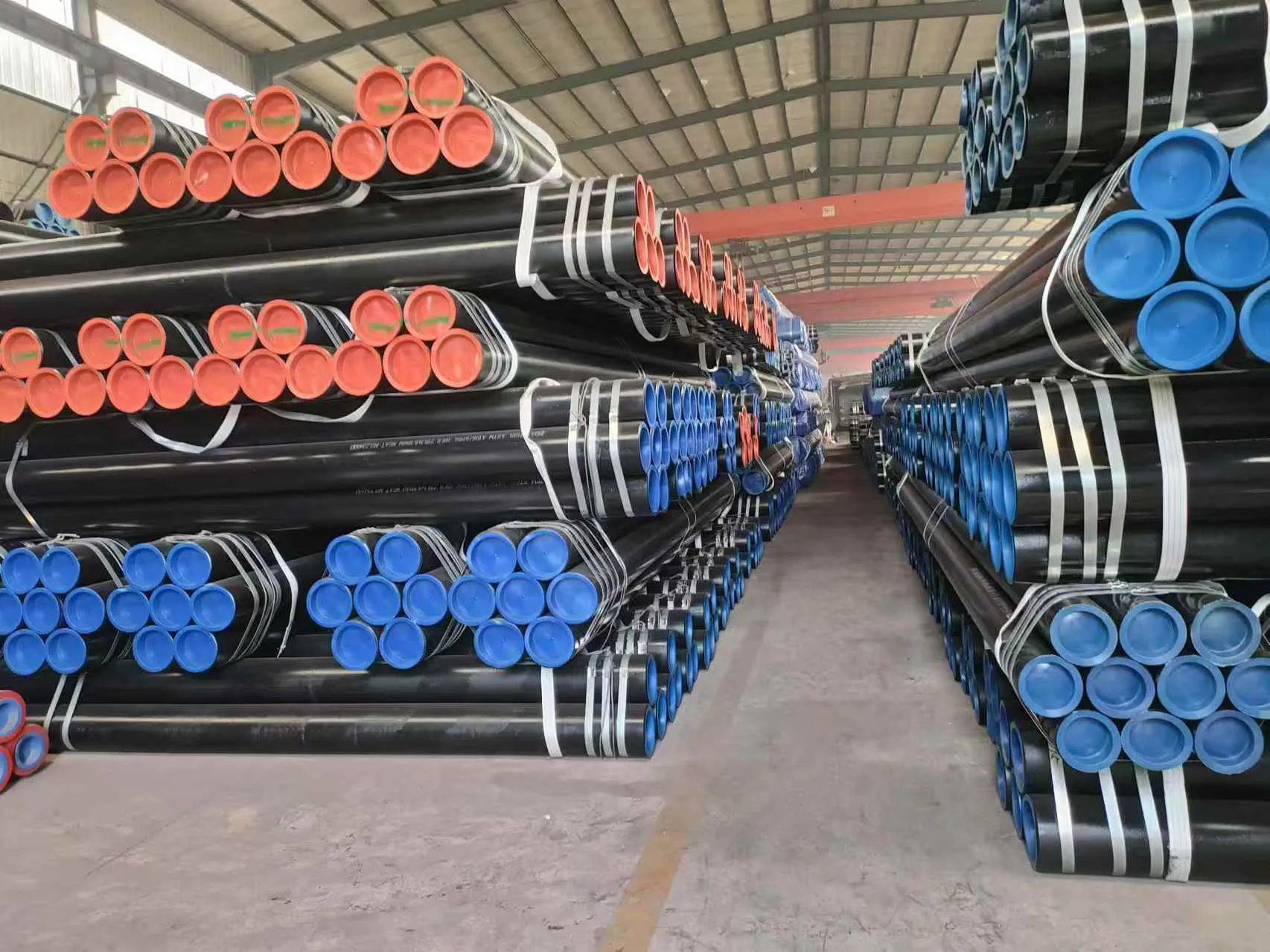different types of nails for construction
Nov . 25, 2024 10:57
Different Types of Nails for Construction A Comprehensive Guide
Nails are an essential fastener in the construction industry, serving a fundamental role in the assembly and structural integrity of buildings and other projects. With various types available, each designed for specific purposes and materials, understanding the different types of nails can significantly impact the quality and durability of your construction work. This article aims to explore the different types of nails used in construction, their applications, and benefits.
Common Types of Nails
1. Common Nails Common nails are the most widely used type of nail in construction. They have a thick shaft and a flat head, making them suitable for framing, roofing, and other general construction tasks. Typically, they come in various lengths, allowing for versatility in use. Common nails are made from steel, which provides strength and durability, essential for bearing heavy loads.
2. Box Nails Similar to common nails, box nails have a thinner shaft, which reduces the risk of splitting when driven into softwood. They are primarily used for light-duty tasks like attaching boxes, furniture, and other woodworking projects. Box nails are an excellent choice for applications where aesthetics matter, as they leave smaller holes compared to common nails.
3. Finish Nails Finishing nails are characterized by their small heads and slender shafts. They are used primarily for trim work, cabinetry, and detailed finishing tasks where minimal visible fasteners are desired. The small head allows for easy concealment, and typically, a finish nail gun is used to drive them into place, providing a clean and polished look.
4. Brad Nails Brad nails are even smaller than finish nails, with a very slender shaft and a minimal head. They are particularly useful in delicate trim work and for attaching thin materials like veneer or small moldings. Brad nailers are often preferred for these applications, as they allow for precision and reduce the risk of splitting.
different types of nails for construction

5. Roofing Nails Roofing nails are specifically designed for fastening roofing materials like shingles. They have a larger head than common nails to prevent pull-through from the roofing material. Additionally, they are often galvanized to resist rust and corrosion, ensuring the longevity of the roofing assembly.
6. Masonry Nails When working with concrete, brick, or masonry, masonry nails are necessary. These nails feature a hardened steel construction to penetrate tough materials without bending. They are often used for attaching wooden frameworks to masonry surfaces and are designed to hold securely under tension.
7. Cement Board Nails Used in the installation of cement boards for siding and flooring, these nails are specially coated to resist corrosion from moisture. They have a large head and often feature an additional sharp tip to facilitate easy driving into tough materials.
8. Spiral and Ring Shank Nails These nails have uniquely shaped shafts that provide superior holding power. Spiral and ring shank nails are often used in applications where high shear strength is critical, such as in framing and decking. Their design helps to grip the wood fibers securely, reducing the likelihood of pull-out over time.
Conclusion
Understanding the different types of nails available for construction can greatly influence the efficiency and quality of your projects. Choosing the right type of nail based on the material being fastened, the required strength, and the aesthetic considerations can enhance the overall integrity and appearance of the work. Whether you are a seasoned contractor or a DIY enthusiast, familiarizing yourself with the various types of nails will empower you to make informed decisions and achieve successful outcomes in your construction endeavors.




















